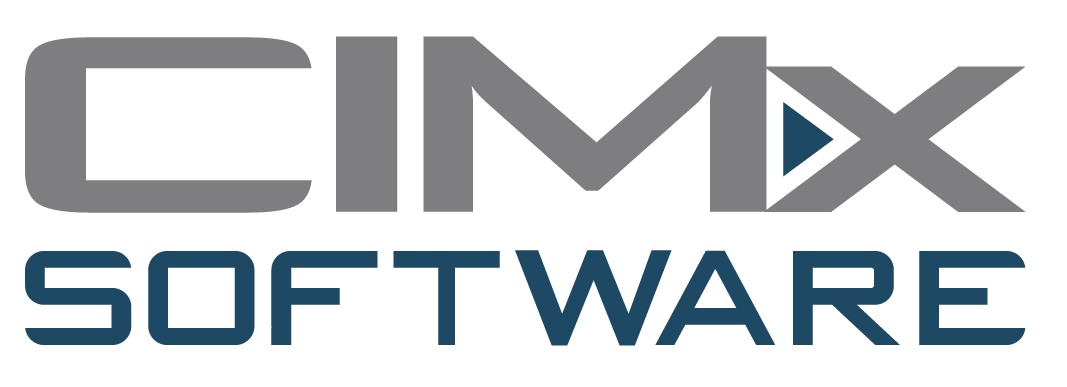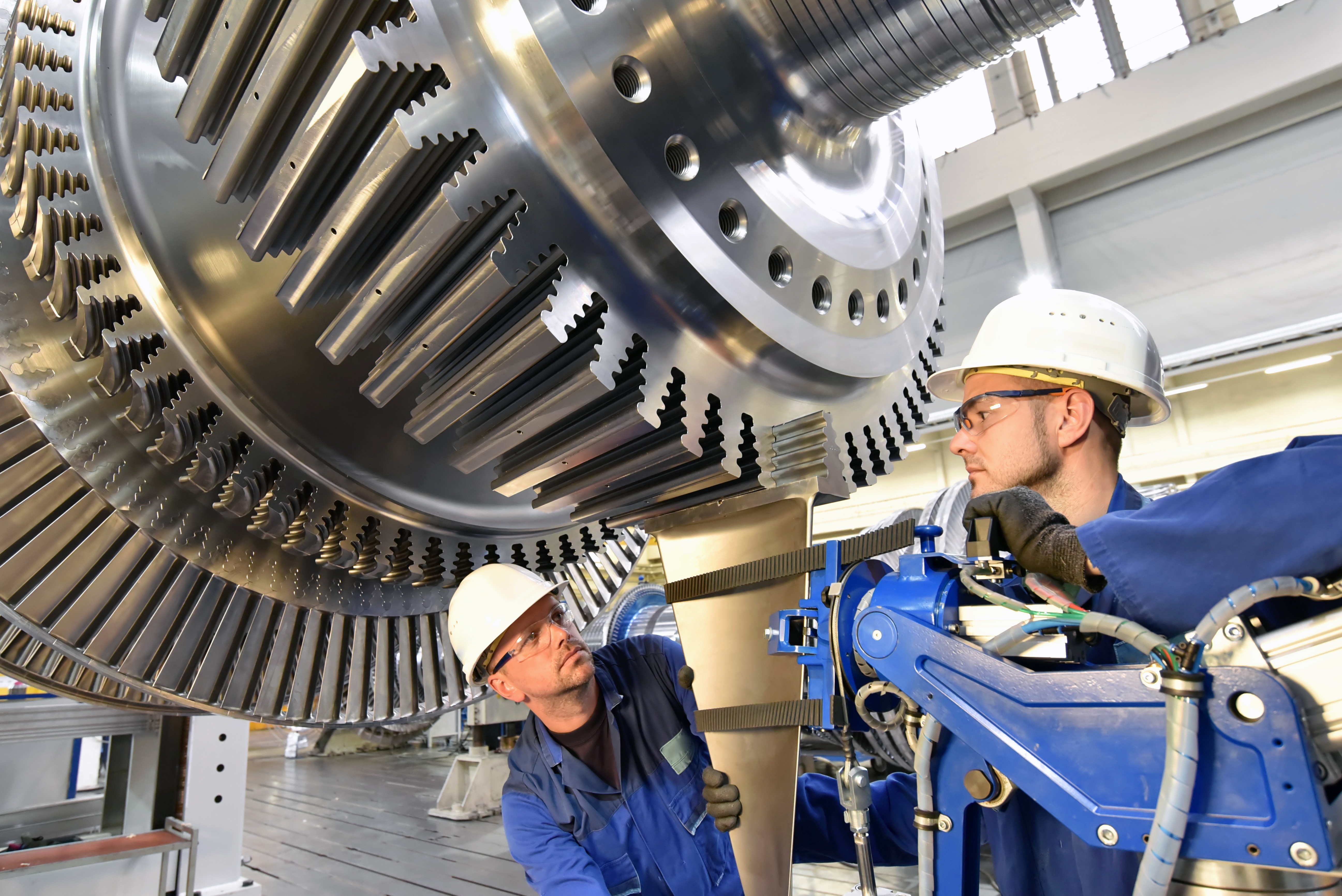1 min read
The Best Software Experience
2018 Advanced Manufacturing Technology Show Series | 1 of 6 What is the best experience you’ve had with software? How about with a software vendor? I...

2018 Advanced Manufacturing Technology Show Series | 2 of 6
Software is like a roommate. It is part of your life, your processes and your work. It should make your life easier. It’s a long-term choice that you don’t make lightly. With that said, what should you care about when selecting software and taking the long view?
We talked last time about ensuring that the software that you select works for you into the future. How can you test that? How would you even know what you’re going to do in the future? Here are a few things to consider and an easy test for any product that you’re reviewing.
Remember a few key things before you apply the future filter:
Twenty-two years ago, we started out with a goal to meet the customer where they are today and help them plan decisively where they were going in the future. Standard software was key to us and our business model, and it wasn’t easy. It’s incredibly complex and a difficult feat of engineering to do it well. Our commitment to our customer lasted beyond training and installation; we wanted a customer for life. That meant our software had to address their demands now, their demands later and it had to work.
Did I make that seem easy? Well, to quote Steve Jobs, “it takes a lot of hard work, to make something simple.” Right he was.
Making the Connection
How can you use what we learned on the production side to help you on the purchasing side?
First, focus on your key money-making processes. What process do you absolutely need to have the system handle? Describe this to each software vendor you’re considering (if you don’t know how to build a list for these, see this article for help) and ask them how they would handle that process.
Also ask what unique thing about their product makes this process easier or simpler than their competitors. The first hurdle I want to know is that the person I’m buying from knows their market and their competition. It signals that they know enough about the industry to be able to truly help you.
Next, identify a key outlier for your processes. What do you do irregularly, but often enough that it’s something you definitely will need to be able to handle? Again, ask each vendor that you’re considering what they do with that process. Will they need to build a special “workaround” for that? Have them give you an example or, even better, have them show you in their system. And not planned – it is too easy for a software vendor to pre-plan and create a “fool’s demo” – more on that in a later blog.
The answers to these two things ought to help you determine if a vendor can meet you where you need them to. Now, how do you determine if they can stay with you over time?
One thing that all manufacturers care about, no matter the vertical, is safety. Safety is a critical part of your production, if not the most critical part. It’s not often that you would make a change to your safety instructions, but I’ve seen it happen. When it does, it is a process that is everywhere and needs to change everywhere. It needs to happen rapidly, because when you’re making a change for the safety of your workers, it might be the result of something that you can’t risk happening again.
Put the scenario in front of your software vendors. What happens if, a year from now, I need to roll out a change in a safety instruction that affects every piece of work that I do on the shop floor? How easy is it for me to replace those instructions in the system on every order? What if the change doesn’t affect all the work you do, but only part of it? Ask how their software makes a change to only part of the work? How easy is it to do this and does that come as a standard part of the package you are buying?
Next Steps
Follow our blog to get the most up-to-date information on the trends shaping manufacturing and production tech in your industry. When you're ready to get to work on permanent error elimination, schedule your live demo of Quantum®.
Build it Right with Quantum
Ready to eliminate the defects and bottlenecks that slow production once and for all? Connect with a CIMx Application Expert today and learn why our customers love being Quantum shops. Take control of production and build it right™ with Quantum.

1 min read
2018 Advanced Manufacturing Technology Show Series | 1 of 6 What is the best experience you’ve had with software? How about with a software vendor? I...

2018 Advanced Manufacturing Technology Show Series | 5 of 6 Nearly every company we talk to thinks that an MES fills a gap in their ERP. It seems...

2018 Advanced Manufacturing Technology Show Series | 3 of 6 I could give you all the advice I have to help you pick just the right software vendor...